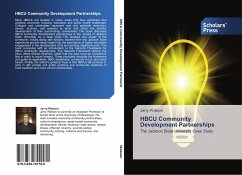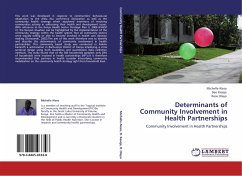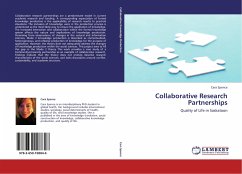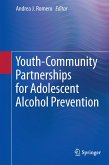Many HBCUs are located in urban areas that face significant and endemic economic, housing, education and public health challenges. Colleges and universities represent real and potential resources, assets, anchors, and engines to drive and direct the positive development of their surrounding communities. This book discusses HBCU community development partnerships in the context of Jackson State University as a case study. The analysis and power of the community voices along with lessons learned from the Jackson State experience provide deep insight into the importance of higher education engagement in the development of its surrounding neighborhoods. This book concludes with an introduction to the Sankofa Framework for HBCU community development. The Sankofa Framework reflects the Akan (West African-Ghanian) belief that the past must be considered first in order to move forward. Three principles describe the framework and guide its application: HBCU leadership, community focus, and asset based. Finally, the author's greatest hope is that HBCUs will continue to work in with private and public partners and community residents to build healthier and more vibrant communities.
Bitte wählen Sie Ihr Anliegen aus.
Rechnungen
Retourenschein anfordern
Bestellstatus
Storno








